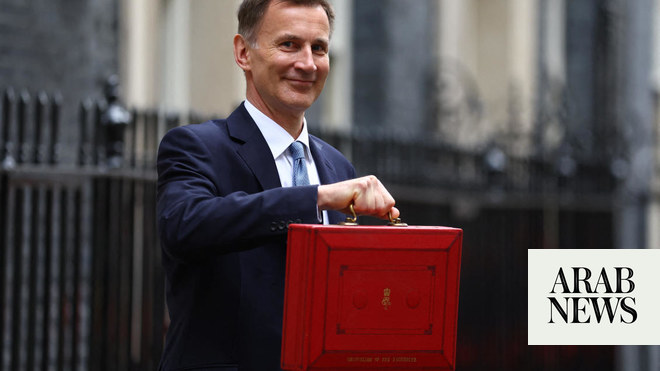
Universities’ hopes of a long-term government bailout in England have been dashed, though £2.6bn in tuition fees will be paid early and ministers pledged to allow full fees to be charged even if students were unable to return to lecture theatres.
Michelle Donelan, the universities minister, said institutions could continue to charge the full £9,250 annual tuition fee for undergraduates while campuses remained closed and face-to-face classes were suspended as a result of the coronavirus outbreak, as long high standards of online teaching were maintained.
“We have already seen, over the last few months, courses being delivered online and virtually to an amazing degree of quality, and I know the efforts made across the sector to facilitate that,” Donelan said, announcing a package of support. “We’ve always said that we don’t believe students would be entitled to reimbursement for tuition fees if the quality is there.”
The government’s measures also impose a cap on the number of British and EU students that each university can enrol in the next academic year. It was first reported by the Guardian in March.
University leaders had asked the government for a bailout running into billions of pounds to make up for lost international student and research revenue. But the plea on behalf of the sector was said to have “landed badly” with the Treasury.
The package will instead bring forward £2.6bn in tuition fees that universities would have received at the start of the next academic year, as well as £100m in research funding.
With the loss of international student fees potentially costing billions of pounds, Donelan said the Department for Education (DfE) was working to show that Britain remained open for business, and with the Home Office to expedite student visas.
Donelan acknowledged that more aid may be needed: “This is a fast-moving situation … should providers require further support, the government will continue to review their financial circumstances and assess the need for structured transformation and any attached conditions.”
The University and College Union (UCU), which represents many campus staff, said the government’s support amounted to little more than IOUs: “This package does not deliver the protection or stability that students, staff and the communities they serve so desperately need,” said Jo Grady, the union’s general secretary.
“Instead of kicking the can down the road, the government must underwrite funding lost from a fall in domestic and international student numbers and remove incentives for universities to compete against each other at a time when we need to be pulling together.”
Tim Bradshaw, chief executive of the Russell Group of research universities, gave a cautious welcome to the package while warning: “Our universities are playing a significant role in the fightback against Covid-19 but they are already under strain on many fronts and there is no getting away from the fact that financial pressures will escalate in the coming academic year.”
Under the student numbers cap, each institution would be limited to the number of domestic undergraduate places it had forecast to the Office for Students, plus an extra 5%. The Department for Education would also have a further 10,000 places to distribute, of which 5,000 will be reserved for nursing and healthcare courses.
“A cap on places is a cause of concern to university applicants. If and when they are introduced, they need to be carefully implemented to minimise the impact on disadvantaged students,” said Sir Peter Lampl, founder of the Sutton Trust.
Donelan said the cap – in place for at least one year – was designed to stabilise the admissions system, and stop a fierce battle among universities desperate to fill the gaps left by international students unwilling to study in the UK.
There was a warning of further bad news in a survey by the Sutton Trust suggesting that some British students want to delay starting an undergraduate degree given the current uncertainties.
Some 19% of UK applicants said they were changing their plans to go on to higher education in autumn, of which 4% said they had definitely decided not to go.
If the survey’s results were repeated nationally, that would mean about 10,000 fewer undergraduates in 2020-21, and about £90m lost in tuition fee income.
The Sutton Trust also found that 48% of applicants think the coronavirus crisis will have a negative impact on their chances of getting into their first-choice university.












